Britain’s Greatest National Treasure: Vera Lynn
29 March 2018



 History,Music,Short Factual Stories
History,Music,Short Factual Stories
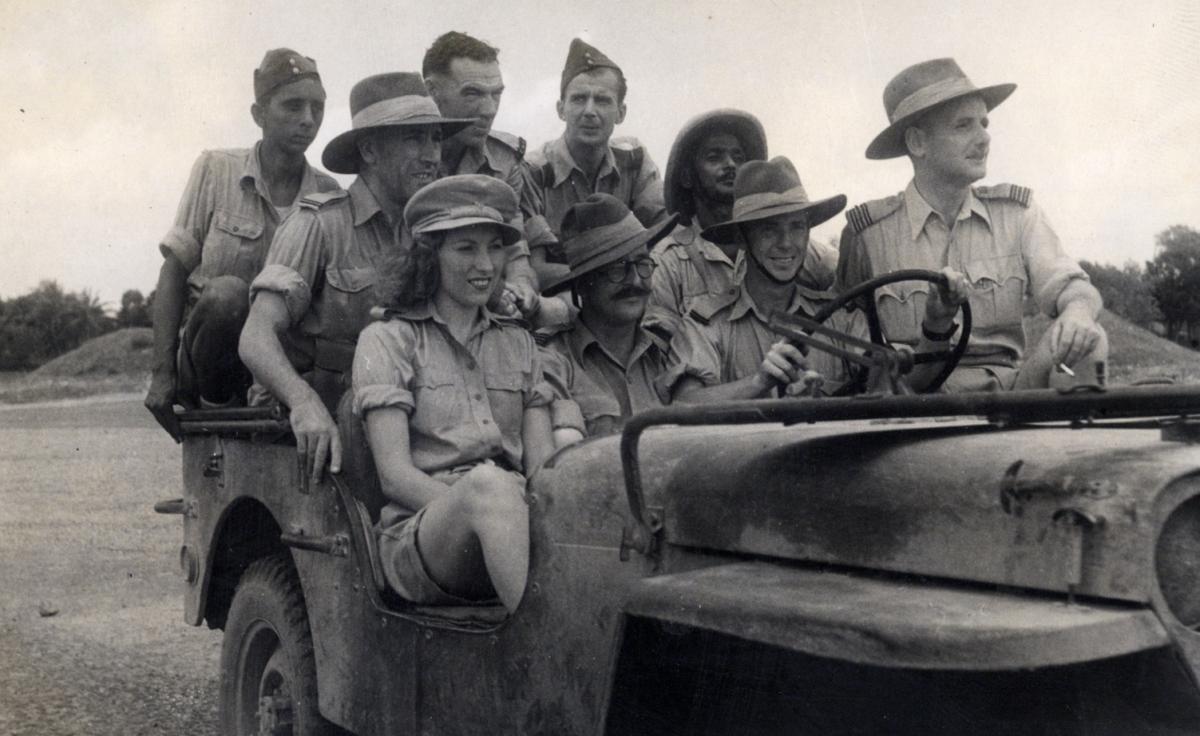
Vera Lynn : Britain’s Greatest National Treasure
Why the Forces’ Sweetheart is a true National Treasure
The expression, a National Treasure is today much over-used.
When it comes to one particular person, nobody can surely disagree with the view that Vera Lynn is a true British national treasure, if not Britain’s greatest national treasure.
She may have set out to be a singer and an entertainer but the work that she did for the British people was so important to their lives that she has always been greatly appreciated by her countrymen, both past and present.
Her enduring popularity comes from her performances and the songs that she sang during the Second World War. As a singer, a broadcaster and an entertainer, she embodied the stoicism of the British people at a vital point in history. She provided them with warmth, comradery and emotional succour at a time when it was most needed.
As a performer she had the presence, the voice and the ability to choose and deliver the right song at the right time making her recordings and her performances enormously popular during the Second World War.
Already a known artist from the mid-1930s onwards, she had performed with the Joe Loss Orchestra and the top British dance band, Bert Ambrose. When, war was declared on the 3rd September 1939, with uncanny timing, Vera Lynn went into the recording studio within days. She recorded a brand new song called We’ll Meet Again written by English composers Ross Parker and Hughie Charles (they also wrote There’ll Always Be an England). This record was released on the 28th September at the precise moment when British troops were being called-up and were leaving for France to join the British Expeditionary Force.
Listen here to Vera Lynn sing We’ll Meet Again
This is a later recording not the originally released version.
Over the years we have got to known this song which is not specifically about war. Usually there is a short introduction and then it dives straight into its evocative chorus. However, the original recording in September 1939 had a preamble-verse. These lyrics had the effect of connecting this song even more strongly with the prevalent sentiments of the time when families faced the call-up of relatives, their imminent departure, the prospect of a long-term absence and even possible loss:
- Let’s say Goodbye with a smile, dear
- Just for a while, dear, we must part,
- Don’t let the departing upset you,
- I’ll not forget you, Sweetheart.
This is the original recording of Vera Lynn’s We’ll Meet Again made hurriedly at the outset of war with just a Novachord accompaniment.
It was hardly surprising, therefore, that during the Phoney War when the Daily Express asked British servicemen to vote for their favourite musical performer that Vera Lynn came top beating even Bing Crosby. It was from this poll that she became known as the Forces’ Sweetheart.
Vera Lynn’s Songs & Broadcasts are the Soundtrack of Britain in the Second World War
The style she used for her recordings and her performances was fairly new. She differed from most British singers who still sang in front of the big bands of that period often as an ancillary rather than the leading performer partially because they had to be careful not to over-shadow the Band Leader.
The style she chose was crucially dependent upon one thing, the microphone. Its development now allowed singers to be able to freely express feelings with their voice using a wider range of different vocal pallets, colours, sounds and nuances. This type of singing became known as crooning. Crooners were already popular, but they were often felt to be insincere, too American in style for the British taste, and (in the case of men) too effeminate.
What set Vera Lynn apart was that whilst she used the microphone and the crooning style, she kept a clear British diction and a clear lyrical focus so that she could never be accused of insincerity.
As a demonstration of this point it is worth listening (below) to a 1942 recording of We’ll Meet Again by Benny Goodman and his Orchestra, a well known dance band of the time. Here, in typical dance band fashion the vocalist, Peggy Lee does not start singing until nearly a minute-and-a-half into the track. Then she is required to sing very “straight” and without the emotional connectivity that is always typically yearned for in time of war and other forms of national disaster. Public demand for emotional music can be seen with the type of music that dominated during the Four-Day Working Week of the early 1970’s, during the Falklands War in 1982 and, most pertinently, the way that Elton John’s Candle in Wind empathised with the outpouring of grief following the death of Princess Diana in 1997.
Lacking the emotion craved by a nation at war, listen here to Benny Goodman and His Orchestra’s 1942 version of We’ll Meet Again
No one would doubt that this version is musically very competent but it completely misses the point of what is emotionally needed by a nation during a time of war.
Even the BBC in the early 1940’s did not really appreciate this point. They often prefered to play upbeat stirring music in programmes like Workers’ Playtime which they thought would be good for lifting people’s spirits rather than the more emotional variety provided by Vera Lynn that the nation craved. A similar situation was occurring in Germany where the Nazi’s thought that up-beat marching music was what people should be listening to but were forced to relent to public demand over, particularly, the song, Lili Marlene.
She mastered radio’s simultaneous ability for individual and mass address
As the Blitz hit Britain in 1940, Vera Lynn became increasingly in demand on the BBC programme, Starlight. This was a 15-minute show that featured a singer in an intimate setting. These programmes were broadcast live from the famous Criterion Theatre in the heart of London where performances carried on regardless of the Blitz.
These appearances led to the show that would for ever cement her reputation with the troops, Sincerely Yours – Vera Lynn.
Listen to a clip of Vera Lynn on her radio Show, Sincerely Yours
This weekly BBC radio programme, was presented in the form of a letter from her to the troops who were stationed on active service, largely overseas. Sincerely Yours was a massive hit; the troops loved the programme and they loved her. Throughout its run from autumn 1941 to spring 1942, the programme attracted over 2,000 requests every week.
As her voice plucked at the heartstrings of the soldiers, the sailors and the airmen who she called, Dear Boys, the programme also attracted a domestic audience on the BBC’s new radio station, the Forces Programme. It is estimated that over 20% of the British home population tuned in each week.
About this programme, Vera Lynn was to explain in 1975, “Live broadcasting over the BBC was for me the link, the point of my most intimate contact with the people.”
Keeping Up Morale
With memories of the Battle of Britain and the Blitz fresh in everyone’s mind, Vera Lynn released her next massive hit, The White Cliffs of Dover in 1942. This song evoked images of brave Spitfire and Hurricane pilots defending Britain’s coastline against the Luftwaffe.
Listen Here to Vera Lynn’s White Cliffs of Dover
Throughout the war she toured the country to help keep up morale of servicemen, factory workers and the home population. She went overseas to Egypt, India and Burma as part of ENSA (Entertainments National Service Association), giving outdoor concerts for the troops. Always in demand were the songs with which she was most associated, We’ll Meet Again, The White Cliffs of Dover, A Nightingale Sang in Berkeley Square and There’ll Always Be an England.
While much of her popularity had emanated from the troops in the Eighth Army in Egypt it was her tour of Burma where she gained the most respect. Here she even visited the front line and with her courage & kindness helped to inspire battle-weary troops who called themselves the Forgotten Army fighting a lonely war against the Japanese. As many of them remarked, “She made us feel that home was not so far away”. She would, ever-after, be associate with the men of The British Fourteenth Army.
After the War
Her popularity continued after the war with radio and television appearances in the UK and the USA. She continued to have hit records with Auf Wiederseh’n Sweetheart, a hit on both sides of the Atlantic, and My Son, My Son, the latter reaching Number One in the UK.
Her final single, I Love This Land, was released at the end of the Falklands War in 1982. Then in 2009 at age 92, she became the oldest living artist to top the UK Albums Chart, with We’ll Meet Again: The Very Best of Vera Lynn. She released the album Vera Lynn 100 in 2017, to commemorate her hundredth birthday, reaching number 3 in the UK charts. This makes her the oldest recording artist in the world and the first centenarian to have an album in the charts.
Still much love by the British nation in the year 2000 she was named the Briton who best exemplified the spirit of the 20th century.

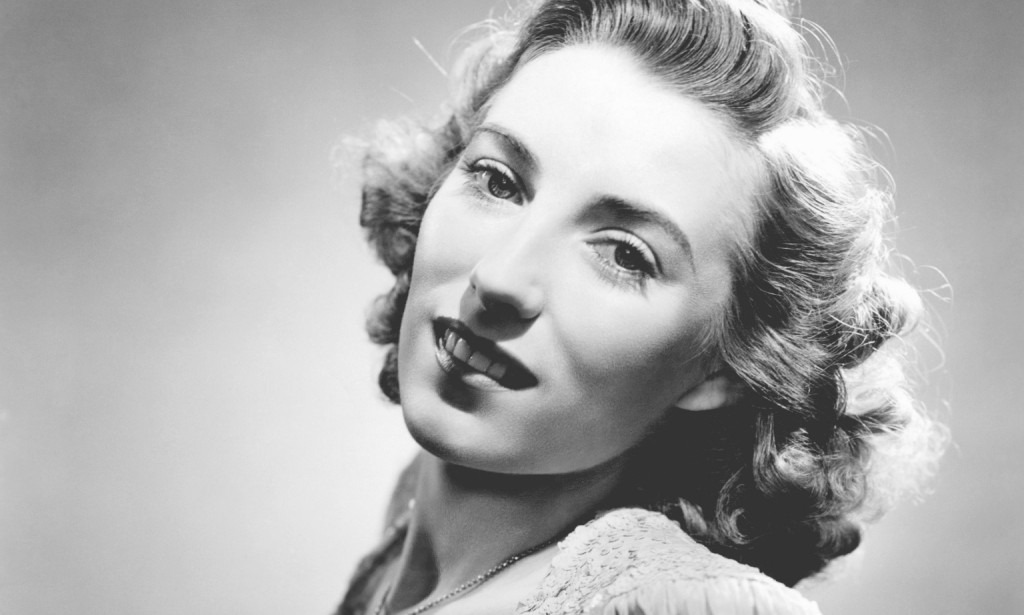
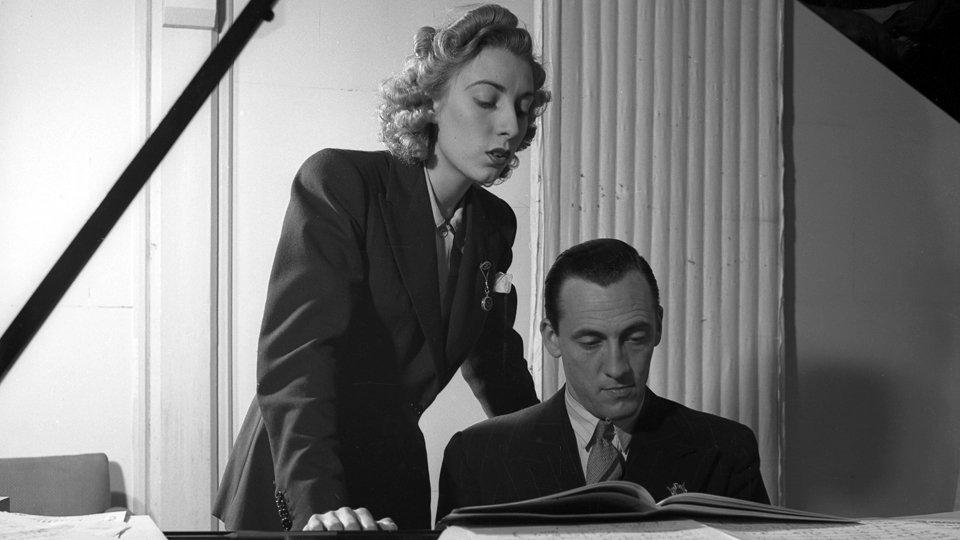
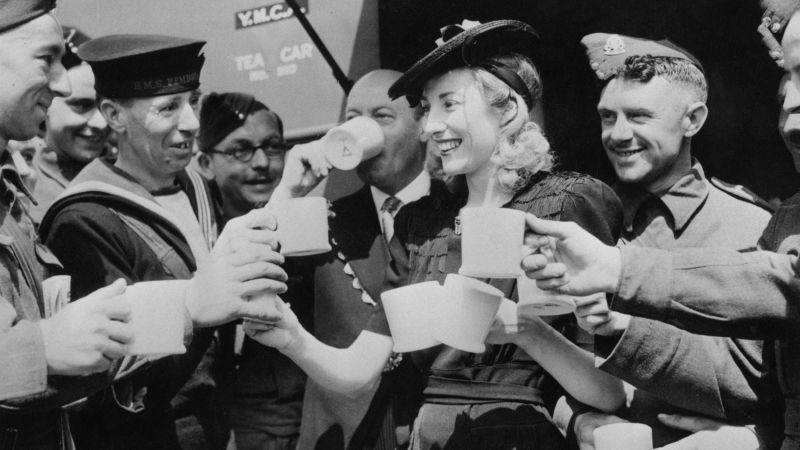
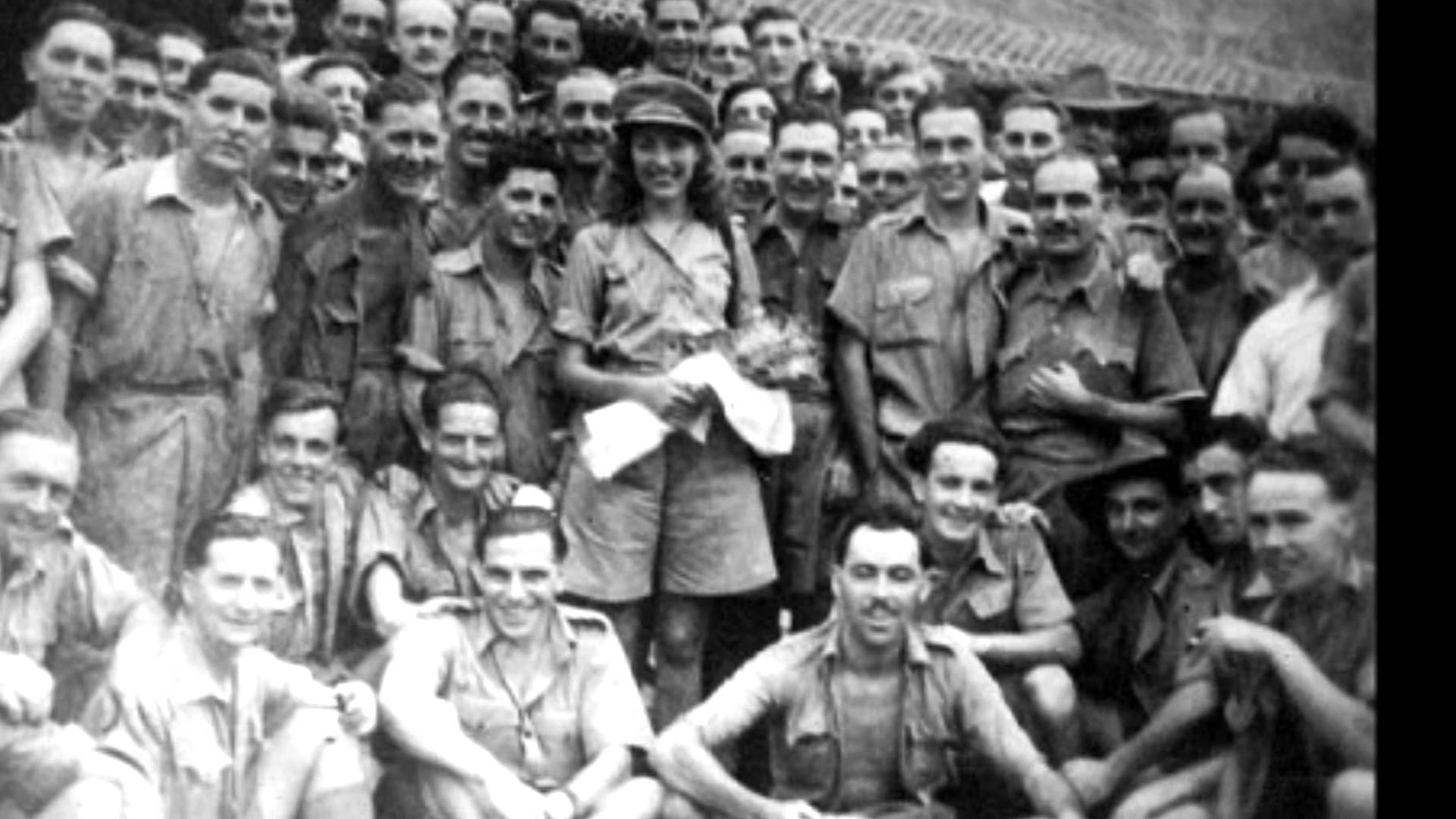

Leave a Comment
You must be logged in to post a comment.